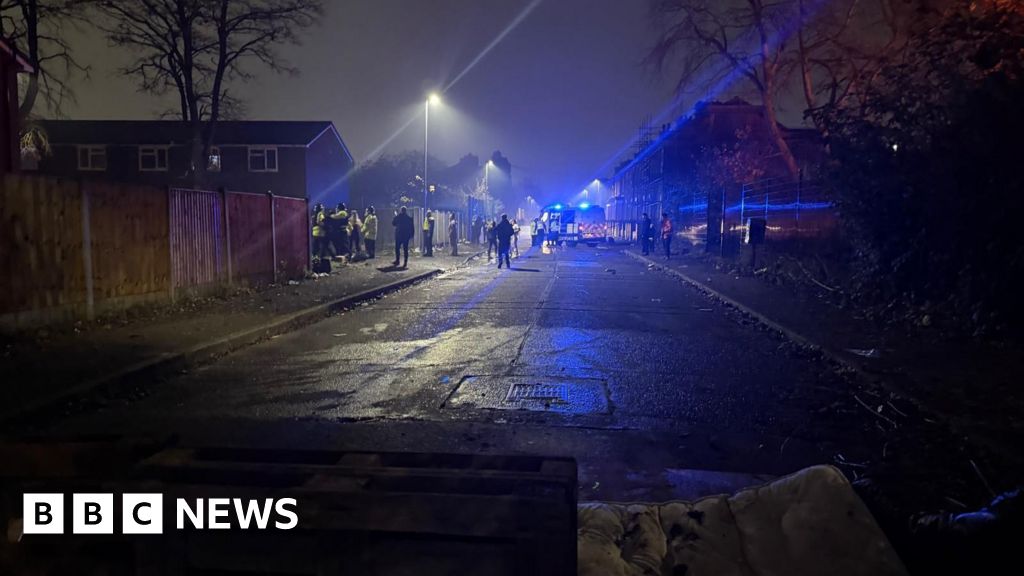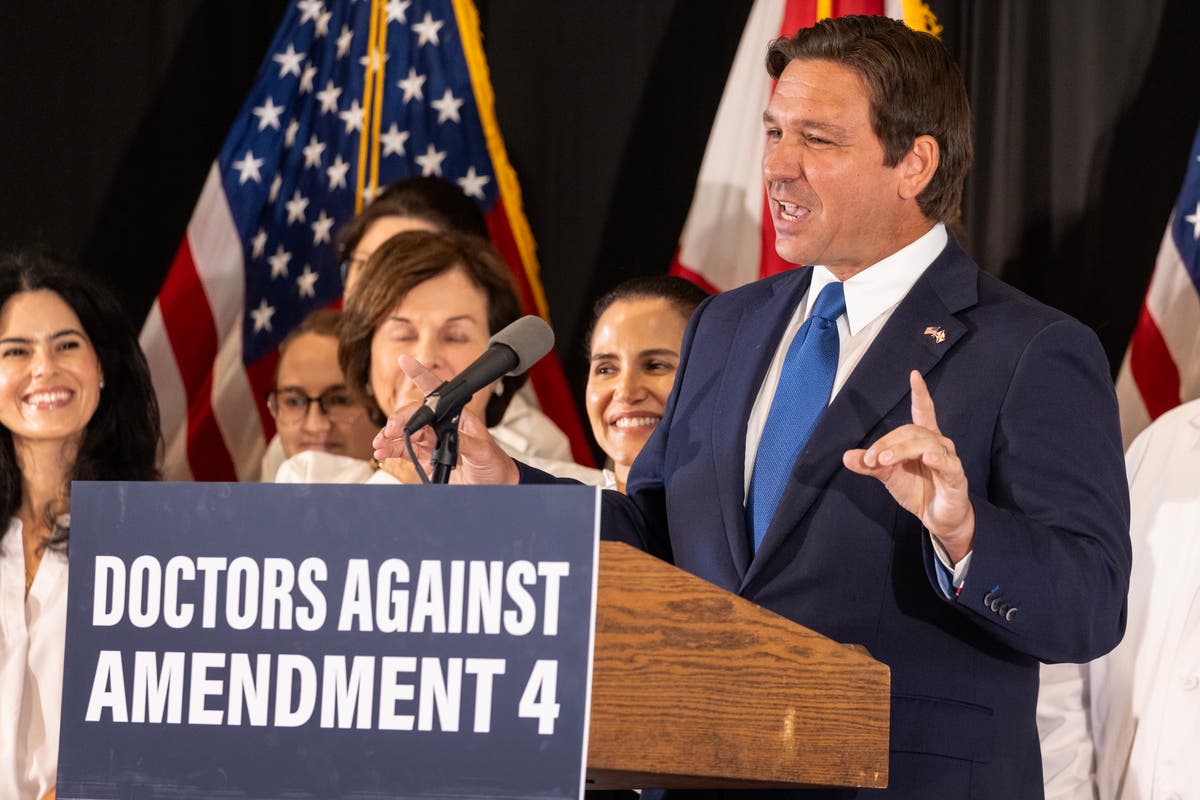Abortion access will not be a constitutional right in the state of Florida.
The measure proposed enshrining the right to abortion care in the state, which would overturn state-level bans on abortion at 14- and six-weeks of pregnancy, and land a major victory for abortion rights advocates two years after the Supreme Court struck down Roe v Wade.
The measure is not projected to clear the 60 percent threshold required to amend the state’s constitution. Nearly 6 million people voted to support the measure, with 4.4 million voting against it, according to preliminary results.
The amendment’s failure marks a victory for anti-abortion Florida Governor Ron DeSantis’s opposition campaign, which threatened television networks that aired advertisements supporting the measure, and deploying law enforcement officers to the homes of voters who signed a petition to support it.
Florida’s Amendment 4 is among several abortion rights-related ballot measures in 10 states this year, as advocates and voters turn to their state constitutions to protect access to reproductive healthcare decisions after the Supreme Court’s landmark decision to revoke a nationwide right to abortion access in 2022.
Voters were asked whether the state’s constitution should say that “no law shall prohibit, penalize, delay, or restrict abortion before viability or when necessary to protect the patient’s health, as determined by the patient’s healthcare provider.”
“Despite relentless government sabotage, the state’s promotion of disinformation, and, anti-democratic attacks, the majority of Floridians still voted for Amendment 4,” Yes on 4 campaign director Lauren Brenzel said on Tuesday.
“The people have spoken and have sent a clear mandate to the legislature: repeal Florida’s extreme ban,” she said.
Florida is surrounded by southern states that have banned abortion in most circumstances. The procedure is outlawed past six weeks, before many women know they are pregnant, in neighboring Georgia, while other states across the country have imposed other restrictions and barriers to care in a constantly evolving and legally confusing map for abortion access.
“Like so many Americans, Floridians are living under an abortion ban they didn’t ask for and don’t want,” according to a statement from Nancy Northup, president of the Center for Reproductive Rights.
Despite clearing more than 50 percent of the vote, “they must continue to live with the fear, uncertainty, and denial of care caused by the reversal of Roe,” she said. “So too will countless women in the southeastern US, which will remain for now a virtual abortion desert.





